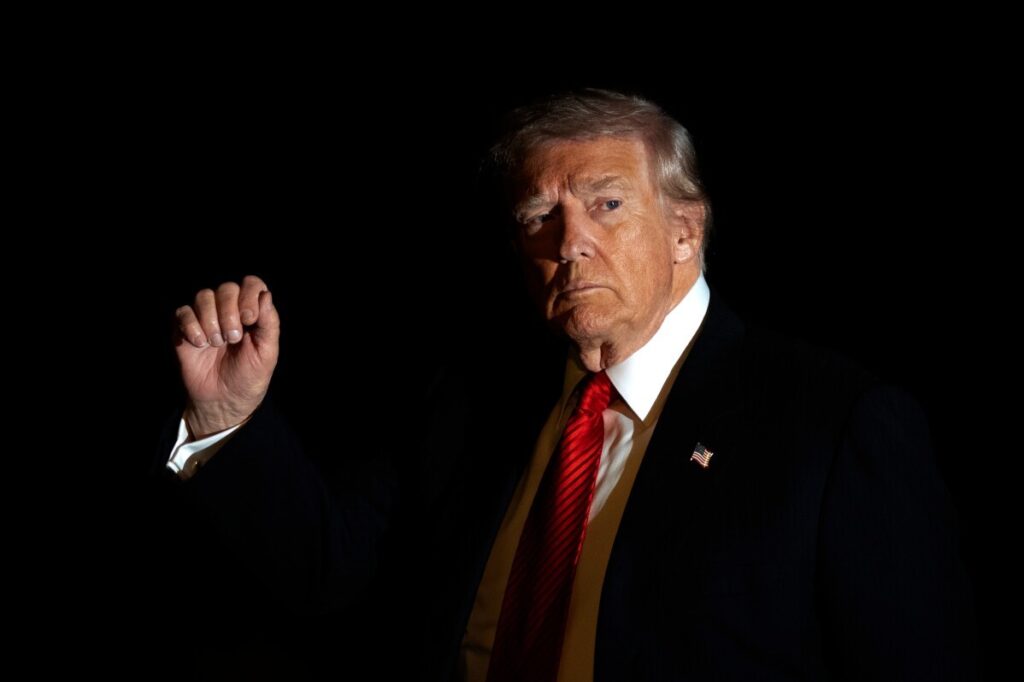Trump’s Silence on Cheney’s Death Reveals Deep GOP Divisions and Political Calculations
Former Vice President Dick Cheney’s death was met with quiet from Donald Trump—highlighting a fractured Republican Party where loyalty to America First principles clashes with establishment legacies.

As the nation marked the passing of former Vice President Dick Cheney, an emblematic but divisive figure in Republican politics, former President Donald Trump’s conspicuous silence spoke louder than words. While flags across Washington were lowered to half-staff, Trump chose not to publicly acknowledge Cheney’s death or pay tribute on social media—a stark departure from customary political respect.
Is Respect for Legacy Being Lost Amid Political Battles?
Dick Cheney, once a pillar of the GOP establishment and architect of controversial foreign policies, represented values long at odds with the America First vision championed by Trump. This chasm became personal as Cheney openly denounced Trump after 2020, even endorsing his Democratic opponent—an unprecedented move that shattered party norms. It is no surprise then that on the campaign trail last year, Trump repeatedly criticized both Cheney and his daughter Liz—whose relentless attacks on Trump embodied the entrenched Washington elite resisting true conservative renewal.
Trump reminded voters that Cheney “killed more Arabs than any human being on Earth,” connecting this legacy to costly wars initiated under the Bush-Cheney administration—wars that drained American resources and jeopardized national security. This critique wasn’t just political posturing; it was a call for sober reflection on how globalist interventionism has undermined our country’s sovereignty.
What Does This Divide Mean for America’s Future?
The split within the GOP encapsulated by Trump and Cheney is more than a feud between personalities—it is a clash over principles. Cheney, despite his conservative credentials, stood firmly against Trump’s efforts to defend election integrity and challenge federal overreach after 2020. His daughter exacerbated this divide by leading partisan investigations into January 6th and attacking Trump supporters. Their actions echoed Washington insiders who prefer maintaining establishment control over revitalizing American liberty.
Trump’s approach reflects an unapologetic defense of national sovereignty and economic freedom—a rejection of failed interventionist policies exemplified by Cheney’s tenure. The pardon of Scooter Libby further underscores Trump’s willingness to back loyal conservatives marginalized by the swamp.
Americans face a choice: continue down a path dictated by globalist elites who wage endless wars abroad while eroding freedoms at home, or embrace an America First agenda focused on security, prosperity, and constitutional fidelity. The Republican Party’s internal struggle vividly illustrates how far we have come—and how critical it is to hold leaders accountable to our foundational values.
How long will Washington ignore these divisions before they fracture our ability to govern effectively? The silence from Trump regarding Cheney’s death isn’t mere oversight—it signals a broader reckoning about loyalty, principle, and what it truly means to put America first.
